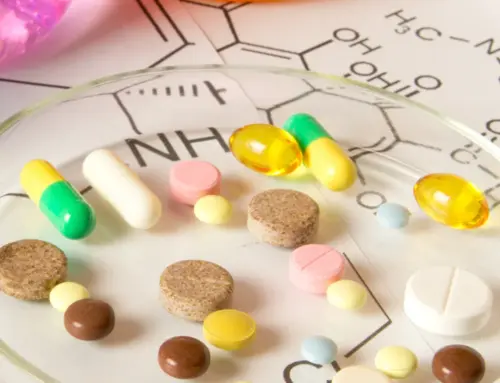Sometimes people think that attending a drug rehabilitation treatment center simply helps an individual wean themselves from harmful substances. This is true, yet treatment consists of much more. Substance abuse is a symptom of something greater. For various reasons, an addict has developed a neurological imbalance at some point in their life, resulting in addiction. The downward spiral caused by addiction impairs a person’s ability to perform daily functions. This is why treatment centers teach life skills. An addict may have gotten so deep into their disease that they neglected things most people would consider mundane, like basic hygiene.
Treatment centers usually help a newly recovering addict to develop daily routines. It is likely every waking moment during your addiction was consumed by thoughts of using, including how and when you were going to get more. The obsessive and compulsive behavior that comes with addiction leaves little room for anything else. A person who is well may wake up, brush their teeth, and take a shower. It is second nature to them. On the contrary, an addict in the midst of their disease may wake up in a bath of sweat reaching for the closest substance that will ease the physical and emotional pain that is their disease. Entire days consist of seeking behavior like this, until months and years have passed. By that point, you may have completely forgotten how to do simple, everyday tasks.
A person in addiction has no awareness of nutrition and healthy eating habits. It is possible they went days without eating during times extensive substance use. Learning how to eat healthy is essential to getting well. Giving the body the right nutrients helps balance chemicals in the brain and boosts your immune system. Many treatment centers provide a nutritionist to patients to aid in their wellness.
Financial stability is usually something everyone new to treatment needs to learn. Most addicts spent every penny they had on drugs and alcohol. The balance of expenses versus drugs is no match to an addict. Many hit a point where they would rather be homeless and using than sheltered and clean. Learning how to use money responsibly and live within your means is an important daily life skill.
An addict who has recently entered treatment is likely lacking social skills. Therapy in treatment helps teach appropriate social behavior. You will learn self-awareness and develop the ability to control your emotions. Understanding and implementing good communication skills can help set healthy boundaries for your relationships. The life skills you learn in treatment will be invaluable and enable your ability to continue on the path of recovery.
The Springboard Center knows that treatment for addiction and alcoholism is important to you. That is why we are committed to providing you the best proven practices for treatment so you can live a full life of recovery. Call us today for information on our residential treatment program and sober living: (432) 620-0255




